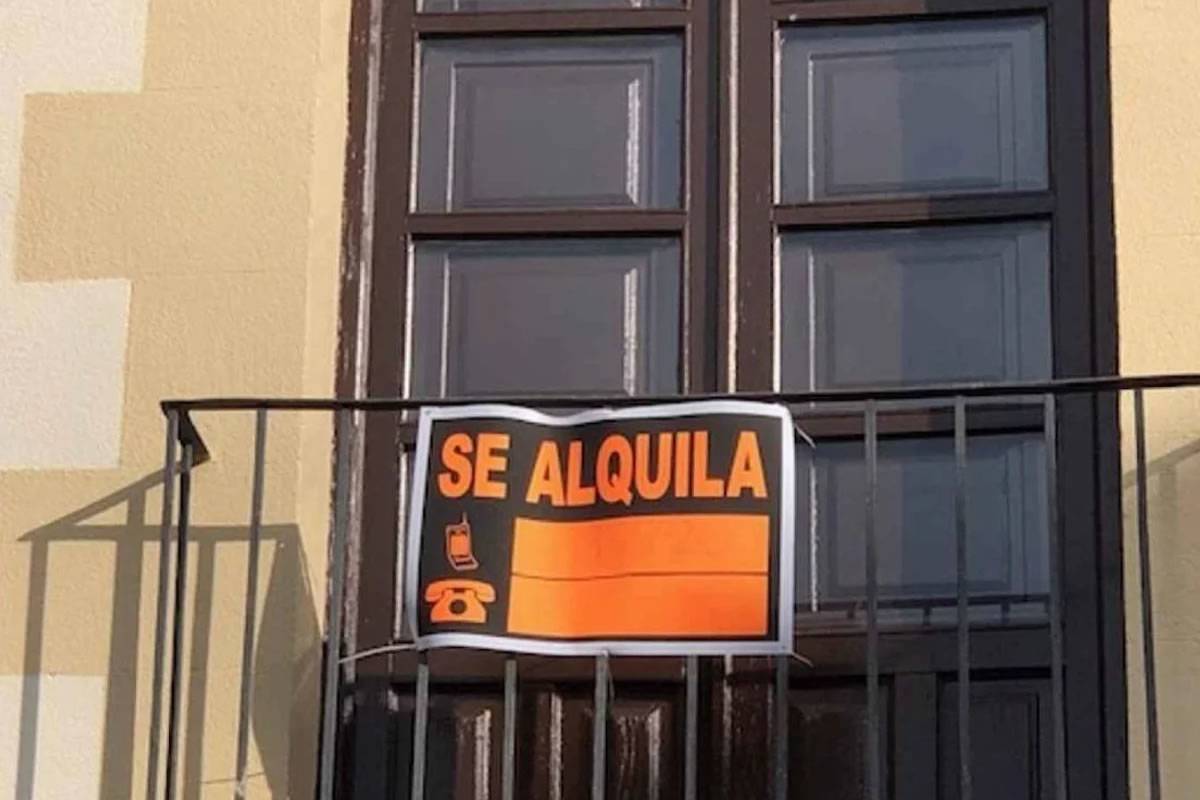Tenants warned of growing fraud by landlords using 'Personal Use' clause for eviction
- 23-06-2025
- Business
- Canarian Weekly
- Photo Credit: CW Stock Image
The Tenerife Tenants’ Union has raised the alarm over a growing number of rental fraud cases in the Canary Islands where landlords are abusing a legal loophole to evict tenants and quickly re-rent properties at higher prices or convert them into holiday lets.
At the centre of the controversy is Article 9.3 of Spain’s Urban Leases Act (LAU), which allows landlords to recover a property early if it is needed for “personal use or for a close family member”. However, according to the union, many landlords are using this legal justification falsely to remove tenants under long-term rental contracts.
Fake personal use claims to force evictions
“We’re receiving a lot of cases where tenants are told the landlord needs the home for themselves or a family member. In most cases, this claim is simply false,” explains Pili Puyi, spokesperson for the Tenerife Tenants’ Union. “The real goal is usually to increase the rent or turn the property into a holiday rental.”
In numerous cases, tenants who leave later discover their former home advertised online on platforms like Idealista, Airbnb or Booking.com, often at much higher prices, sometimes €300 to €500 more per month.
Tenants advised to demand proof
The union advises tenants who receive such notices to act immediately by sending a registered letter (burofax) demanding full documentation to justify the claim, including:
- The identity of the future occupant
- Proof of their family relationship to the landlord
- A sworn declaration
- Proof of residency (empadronamiento certificates)
- Property records showing whether the person already owns another property
“Often, when landlords are asked for evidence, they withdraw the request, and the tenant can remain in the property,” says Puyi.
Legal protections for tenants
Under the law, landlords can only reclaim a property early for personal use if several strict conditions are met:
- The clause must be included in the original rental contract
- The tenant must receive at least two months’ notice
- The landlord or family member must occupy the property within three months after the tenant leaves
If the landlord fails to move in, the law assumes fraud has occurred, and tenants may seek legal rectification.
“Tenants have the right to demand reinstatement under the original contract for up to five years, or request financial compensation of one month’s rent for each year remaining on the contract, plus moving costs,” explains Víctor Palomo, a lawyer at the Social Advisory and Study Centre (CAES).
Spike in cases since 2022
According to Palomo, this type of fraud has risen sharply since 2022, especially after the post-pandemic rise in rental prices. “Many property owners and agencies have been using personal-use claims to break older, cheaper contracts and re-rent at much higher prices. It’s become a very common practice,” he says.
Difficult to prove — but not impossible
The hardest part for tenants is gathering evidence that the landlord never intended to live in the property. If the flat is quickly advertised online, this can serve as clear proof. Otherwise, checking nameplates, asking neighbours, or monitoring property listings can help build a case.
Legal action, however, can be time-consuming and costly, which discourages some tenants from pursuing claims. “Going to court takes energy, time, money, and courage. But I encourage people to fight back if they have solid evidence,” Palomo adds.
The Tenants’ Union strongly recommends seeking advice from tenant organisations or legal specialists. “The only valid legal reason to terminate a contract early is genuine personal or family need. Wanting to sell, increase rent, or leave the property vacant are not legally acceptable reasons,” Palomo concludes.


























































